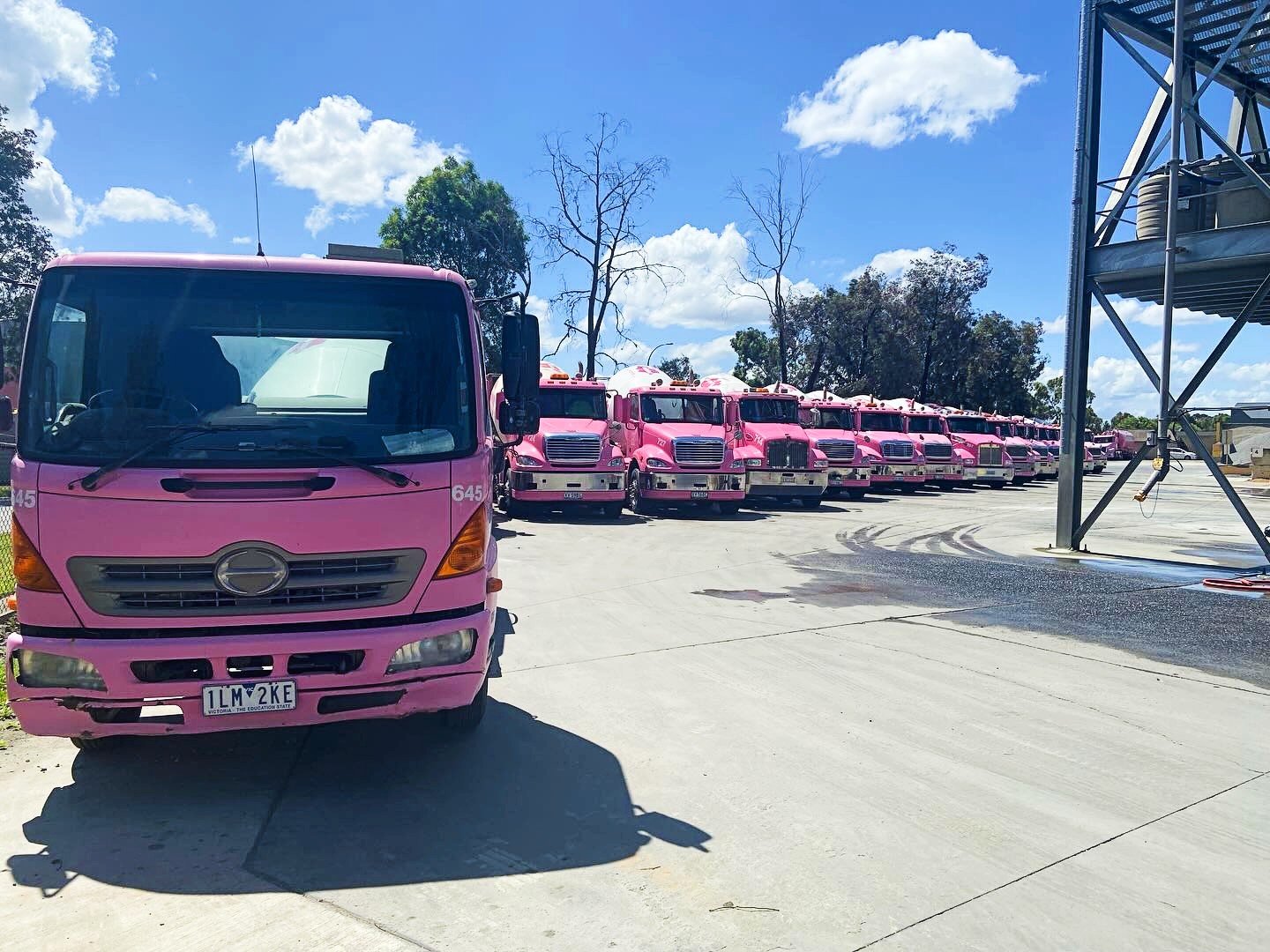The construction industry is now making changes and increasingly embracing sustainable practices to reduce the environmental impact of concrete.

Concrete, a commonly used construction material, has long been associated with environmental concerns due to its production process and carbon footprint. With these pressing concerns, the construction industry is now making changes and increasingly embracing sustainable practices to reduce the environmental impact of concrete.
The Role of Concrete in Sustainable Construction
Sustainable concrete is a vital component of green building initiatives. By incorporating these practices, the construction industry can contribute to a more sustainable future. Some additional benefits of sustainable concrete include:
Reduced greenhouse gas emissions: By using alternative materials and optimising production processes, the carbon footprint of concrete can be significantly lowered.
Conservation of natural resources: Recycling concrete and using alternative materials help conserve natural resources.
Improved durability and performance: Concrete made with sustainable practices often exhibits enhanced strength and durability, leading to longer-lasting structures.
Positive public image: Adopting sustainable practices demonstrates a commitment to environmental responsibility and can improve a company’s reputation.
Concrete Products Incorporating Recycled Materials
Recycled Concrete Aggregate (RCA): This is crushed concrete from demolished structures, which can be reused as aggregate concrete in new concrete mixes, reducing the need for raw materials.
Fly Ash Concrete: Fly ash, a by-product of coal combustion, can replace a portion of cement in concrete, reducing its carbon footprint while enhancing strength and durability.
Slag Cement Concrete: Blast furnace slag, a byproduct of the steel industry, can be used as a cement replacement, offering similar benefits to fly ash.
Charcoal concrete: This type of concrete incorporates charcoal as a partial replacement for traditional concrete components. It enhances the compressive strength of concrete, makes it resistant to chemicals, provides insulating properties, and helps reduce the carbon footprint of concrete production.
Concrete Products With Reduced Environmental Impact
Permeable Concrete: This type of concrete allows water to infiltrate, reducing runoff and improving groundwater recharge.
Photocatalytic Concrete: This innovative concrete can help purify air and water through a chemical reaction triggered by sunlight.
Low-Carbon Concrete: By optimising cement content, using alternative binders and improving production processes, low-carbon concrete reduces greenhouse gas emissions.
Key Strategies for Sustainable Concrete
Recycling Concrete: One of the most effective ways to reduce the environmental impact is through recycling. Concrete wastes from demolitions or construction projects can be crushed and reused as aggregate in new concrete mixes, significantly reducing the demand for virgin materials.
Using Alternative Materials: Incorporating alternative materials such as fly ash, silica fume, and slag cement can reduce the amount of Portland cement required. These materials not only lower the carbon footprint but also enhance the concrete’s strength and durability.
Improving Concrete Mix Design: Optimising concrete mix by reducing water content and using suitable admixtures can enhance its strength and durability while using less cement. This leads to a reduction in the overall carbon footprint.
Energy Efficiency in Production: Implementing energy-efficient technologies in concrete production plants, such as waste heat recovery systems and advanced manufacturing processes, can significantly reduce energy consumption.
Transportation Optimisation: Reducing the distance concrete is transported can lower carbon emissions. This can be achieved through strategic planning of concrete plants and construction sites.
The concrete industry is currently making strides toward sustainably, one way or another. By embracing recycling, alternative materials, and energy-efficient practices, we can create a more environmentally friendly built environment.
Looking for a reliable concrete supplier in Mornington Peninsula? Or in Melbourne? We at VIC MIX can provide you with what type of concrete that you need. With nearly 30 years in the construction business, we are the masters in concrete; from supplying exposed aggregate and decorative concrete to Melbourne and Victoria's communities to undertaking large-scale commercial and industrial projects right across the state.
Contact us at 03 8792 3100 or fill out this form to get a quote if you need to get ahold of reputable contractors to do concrete work for your construction projects.
If you want to see our concrete products personally, visit our head office located at Dandenong or you can check out our various showrooms in Coburg, Pakenham, or Mornington. Check out this page to see the complete addresses of our showroom and our plants.